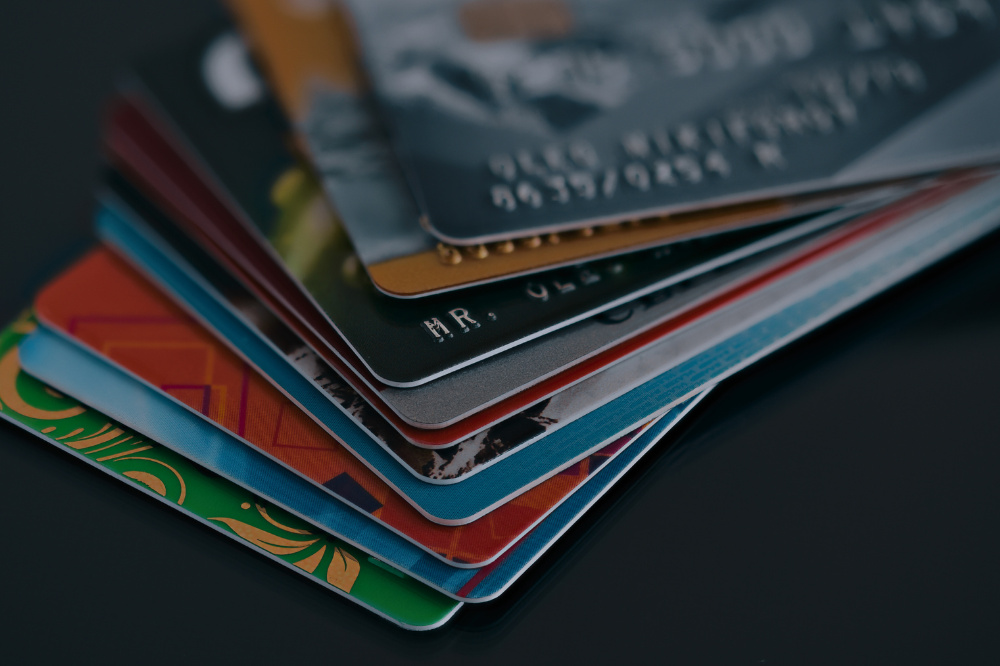Are you ooking into upgrading your credit card? Find out if it can affect your credit score or not!
With so many credit cards options out there, it can be hard choosing one that can suit your needs perfectly. And sometimes as our needs and wants change, we might need a different card and that’s when upgrading it becomes a solution. But does upgrading your credit card affect your credit score?
That’s what we are going to answer! Find out the advantages and disadvantages of upgrading your credit card, and when it might be better to upgrade or downgrade it! Also, if you want to check out more financial tips on our website, you can click on this link!
What Does Upgrading a Credit Card Mean?
Upgrading a credit card refers to switching to a card within the same issuer’s lineup that offers better rewards, benefits, or features. This can involve perks like higher cashback percentages, travel rewards, or airport lounge access. The key difference between upgrading and applying for a completely new card is that an upgrade usually doesn’t involve a hard credit inquiry.
Does Upgrading a Credit Card Hurt My Credit Score?
In most cases, upgrading your credit card will not negatively affect your credit score. Since it’s considered a product change within the same issuer, your existing account history, including your on-time payment record and credit utilization ratio (the amount of credit you’re using compared to your limit), tend to transfers to the new card. This is good news, as your positive payment history is one of the biggest factors influencing your credit score.
There can be a few exceptions, however. If the upgrade involves opening a completely new account with a new number, it might trigger a hard inquiry, that can cause a temporary dip in your credit score. In addition to that, if your issuer closes your old account entirely, you might lose the benefit of the account’s age, which can also slightly impact your score.
Pros and Cons of Upgrading Your Credit Card
Pros:
- Enhanced Rewards and Benefits: you can upgrade to a card that aligns better with your spending habits and unlocks perks you’ll actually use;
- No Impact On Credit Score (usually): maintains your positive credit history by keeping your account open.
Cons:
- Potential Loss Of Introductory Offers: you might miss out on welcome bonuses available with new cards;
- Downgrade Might Be Better: if the upgrade comes with a higher fee and features you won’t use, consider downgrading to a no-fee option.
When to Upgrade vs. Downgrade a Credit Card
Upgrading
- Your current card doesn’t offer rewards, and you want to start earning rewards for your spending;
- You earn rewards, but they don’t fit your spending habits. For example, you might have a travel rewards card but don’t travel often, so a cashback card would be more useful;
- You want to switch from a secured credit card to an unsecured one;
- Another card offers better perks and benefits that suit your lifestyle more effectively.
Downgrading
- You don’t use the card enough or it’s benefits, so one with a cheaper annual fee or none might be better.
Upgrading vs. Increasing Your Credit Limit: What’s The Difference?
As previously said, an upgrade involves switching to a different card within the issuer’s lineup. A credit limit increase, on the other hand, keeps your existing card with potentially more spending power. Increasing your limit can be beneficial for lowering your credit utilization ratio, which can improve your credit score. However, it’s important to only request an increase you can manage responsibly. Maxing out your credit card, even with a higher limit, can hurt your score.

